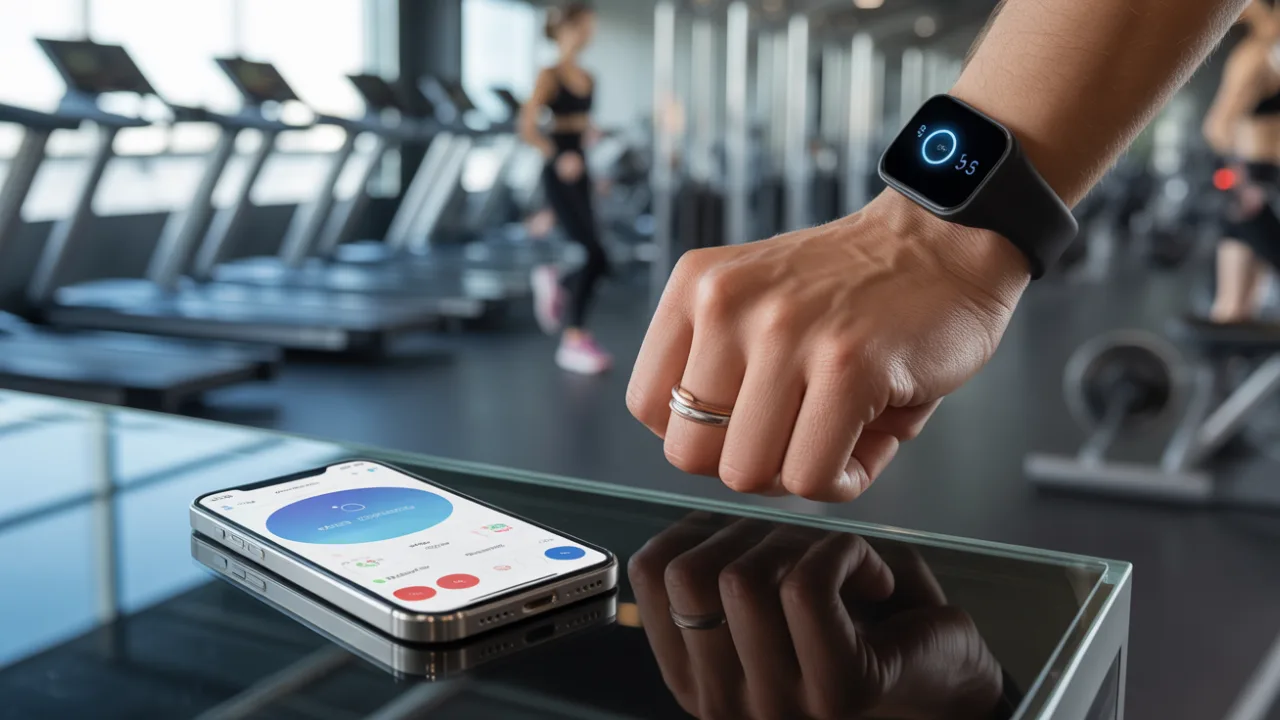Fitness trackers were just the beginning. The next generation of wearable tech is moving from counting steps to saving lives. Devices are now able to detect blood sugar levels, track hormonal changes, and even identify early signs of stress or infection before you notice them.
Startups and research labs are racing to create wearables that act as mini-diagnostic centers on your wrist or skin. Imagine a smart patch that continuously monitors your hydration, nutrient absorption, and heart health — and gives personalized recommendations in real time.
But with this power comes new ethical questions. Who owns your biometric data? Can it be used against you by insurers or employers? Tech innovation often runs faster than regulation, and as health data becomes more precise, privacy becomes more fragile.
Still, one thing is clear: wearable health technology is no longer about fitness — it’s about longevity. And in the next decade, your smartwatch could be your most important doctor.

